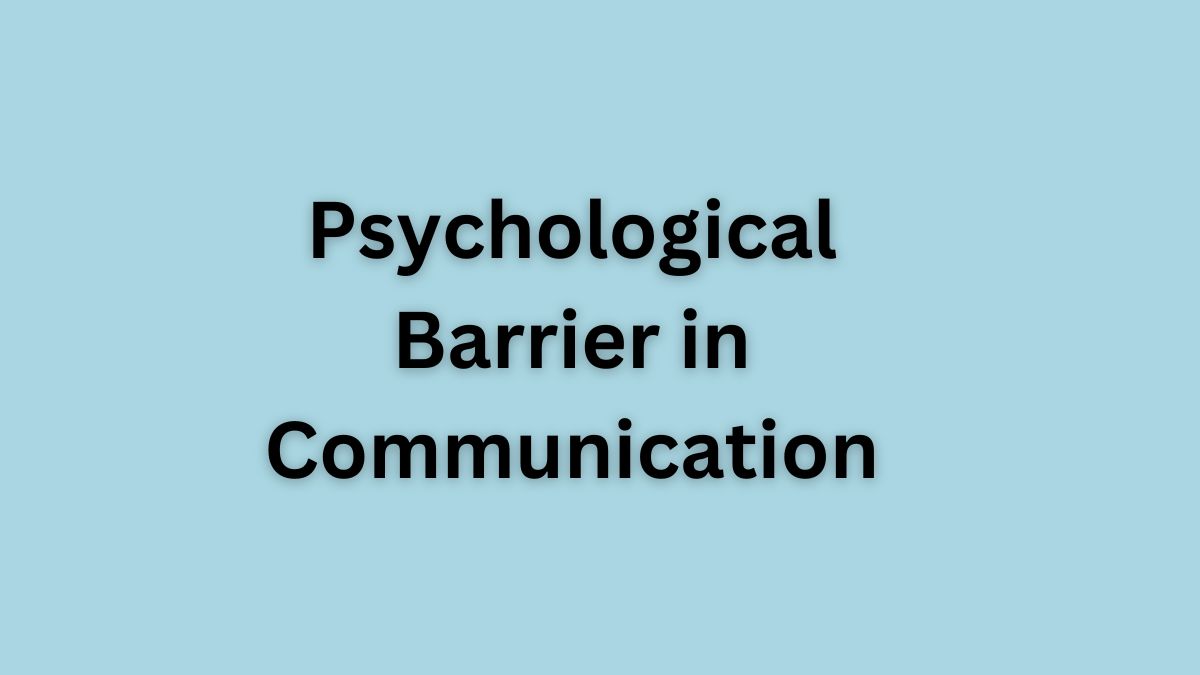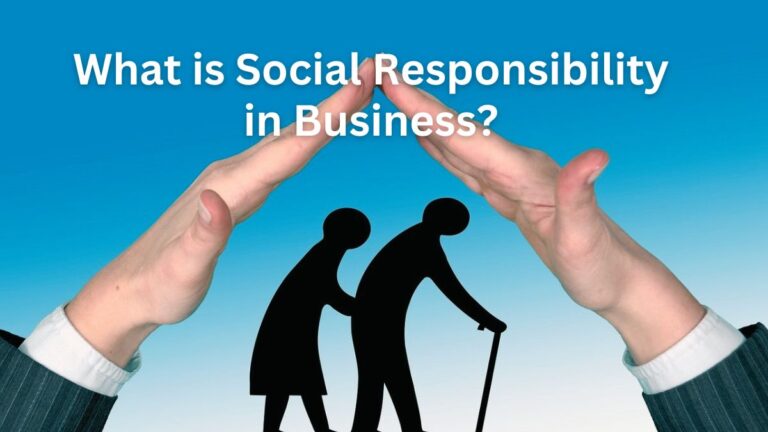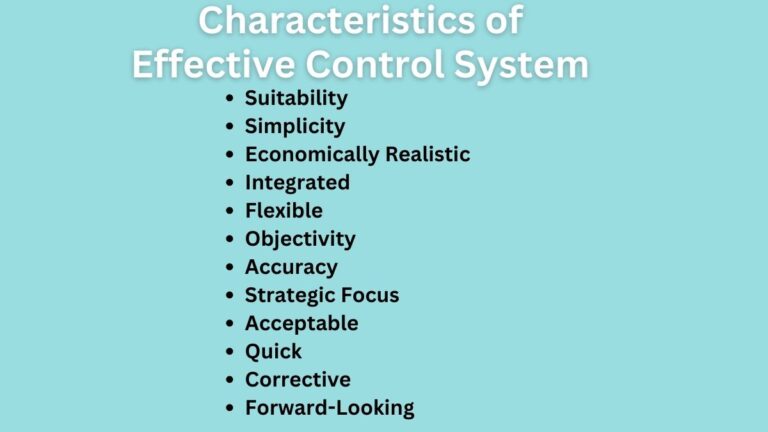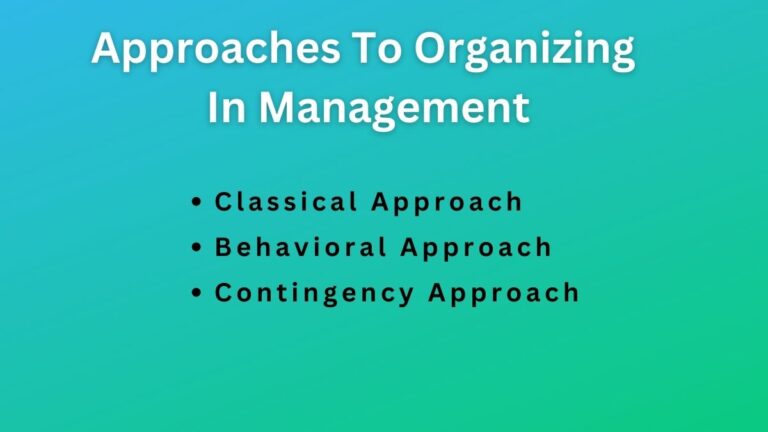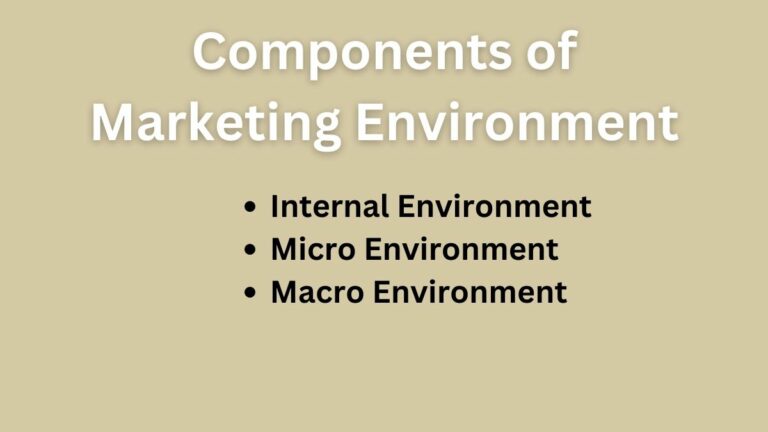What is Psychological Barrier in Communication? Definition and Causes
What is Psychological Barrier in Communication?
A psychological barrier in communication refers to any barriers that arise because of the psychological states of the sender and receiver i.e. communicating parties.
People’s physical and mental conditions have a significant impact on the effectiveness of communication. For instance, when you did not sleep last night and you are given a presentation, you will feel hard to get the matter because you are tired.
Attitudes, emotions, consciousness, opinions, perceptions, etc. all have an impact on human behavior and the way they communicate. A mentally or emotionally unsound person can not communicate effectively, a person’s communication condition largely depend upon his mental state.
In organizational settings, psychological barriers occur when managers and employees as well as among employees any psychological elements conflict. Such barriers also reduce the interest and motivation of employees resulting in decreased performance.
Causes of Psychological Barriers to Communication
The following are the causes of psychological barriers in communication that are common in the workplace.
Lack of Interest
People’s interest greatly determines what they can do and what they do not. Because of the lack of interest in communication, many people do not give proper attention while communicating, and as such communication becomes ineffective.
Related: Organizational Barrier in Communication
Difference in Perception
Perceptual difference between two people is also the main cause of psychological barrier. Perception is the way someone interprets and understands things. The two people may not have the same perception. As such when the perception of two communicating parties conflicts it becomes a barrier to effective communication.
Influence of Emotional Factors
Emotional factors such as anger, hate, fear, jealousy, love, etc. also influence communication. Because of these emotional factors, people’s interests, initiation, and priorities may be changed.
Resistance to Communicate
People’s being reluctant to communicate is also a strong barrier to communication. When a manager becomes reluctant to provide proper information to his subordinates, they have to work with less information. Along with poor communication, this also reduces the quality of work.
Lack of Trust
Trust between the sender and receiver is essential for effective communication. When they do not trust each other they both – the receiver does not want to hear the sender’s message and the sender also does not want to communicate with him. Although they communicate, they do not genuinely work on the matters being shared.
Superiority Complex
Superiority complex is common in organizational settings. Managers view talking to and communicating with their subordinates as being beneath their dignity and avoid doing so. This results in poor relations between them and hence the communication becomes poorer.
Premature Evaluation
Many people have the propensity to draw conclusions quickly and make snap decisions without fully weighing the facts. Individuals that are impatient and use selective listening frequently do this. The sender’s morale suffers as a result of this hasty interpretation of the information, which serves as a barrier to effective communication.
Read Next: Semantic Barrier in Communication
Sajan Kushmi is a content writer with more than 4 years of experience. He holds BIM Degree. He write on the topics related to Management, Marketing, and Entrepreneurship.
